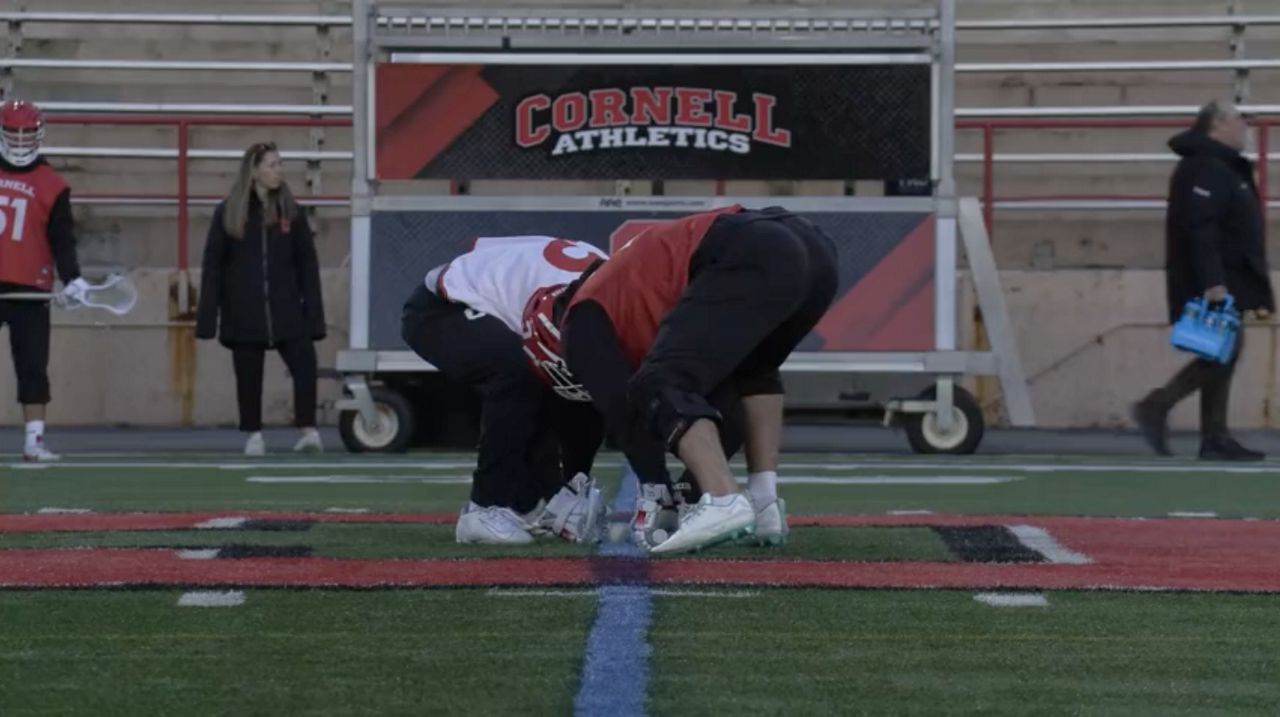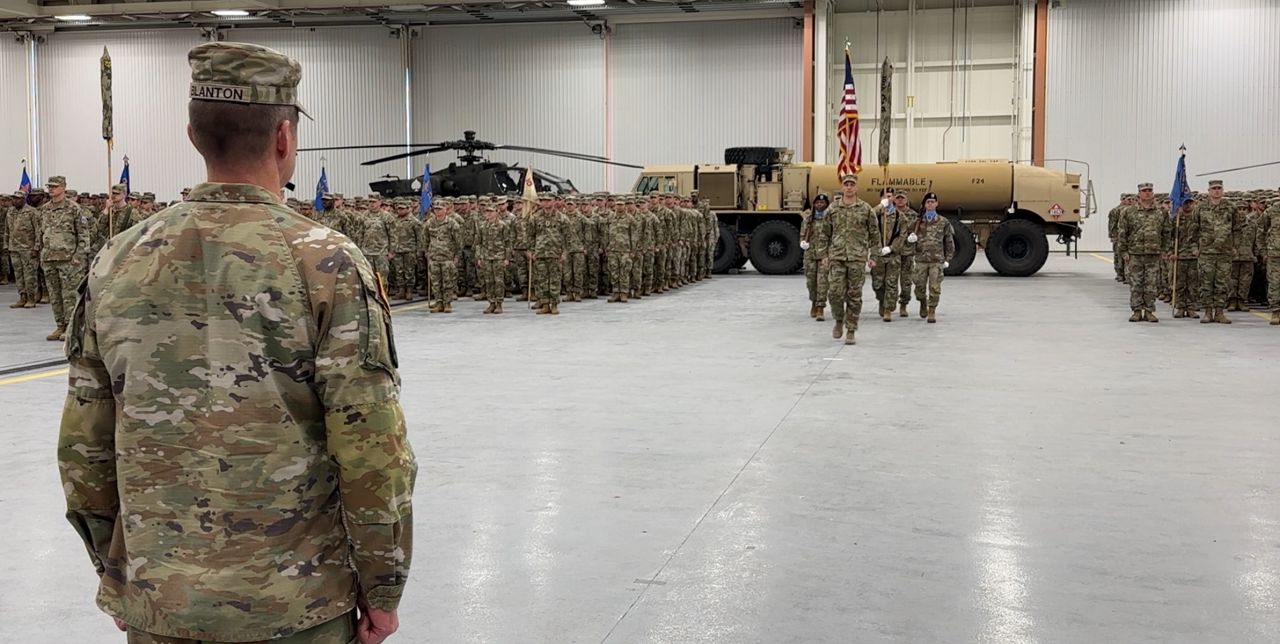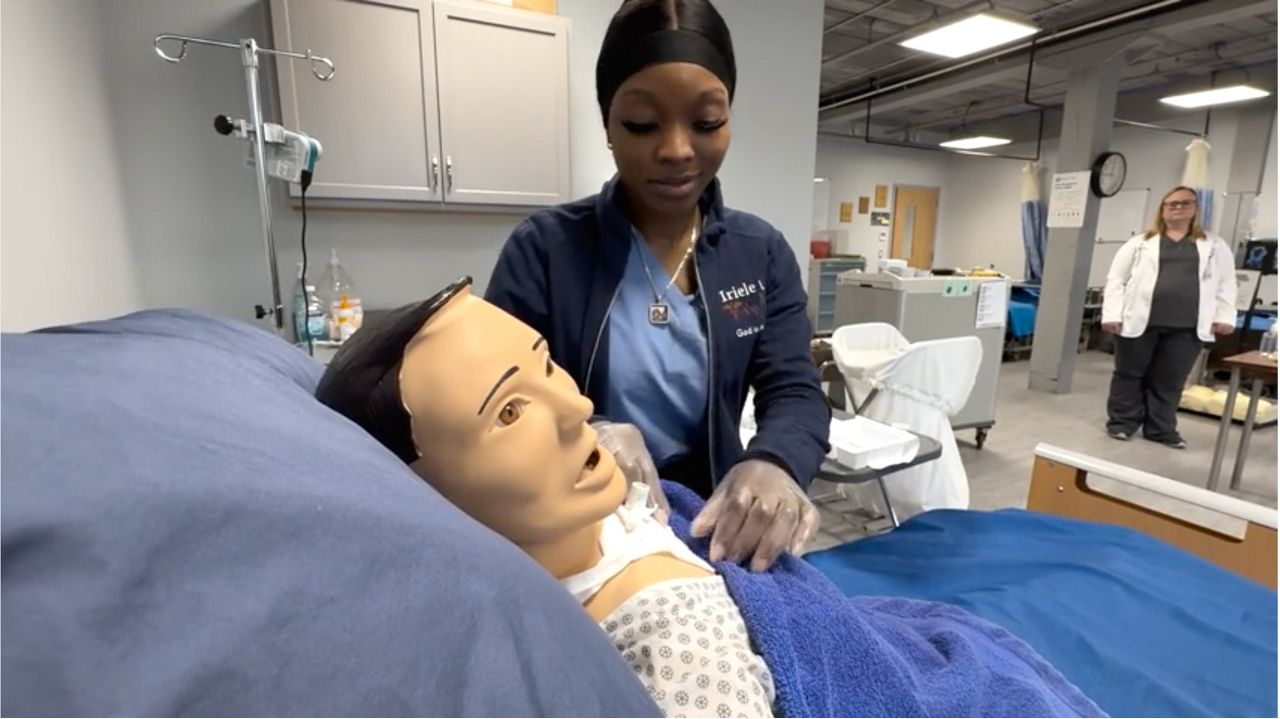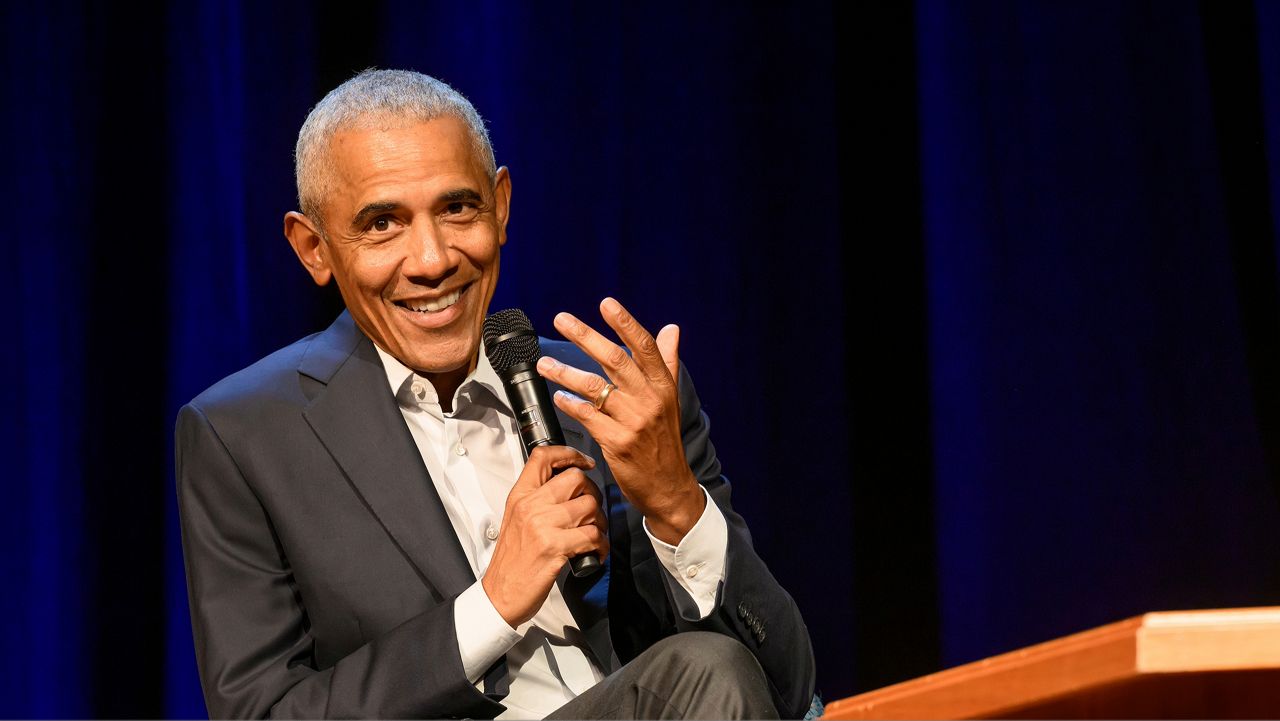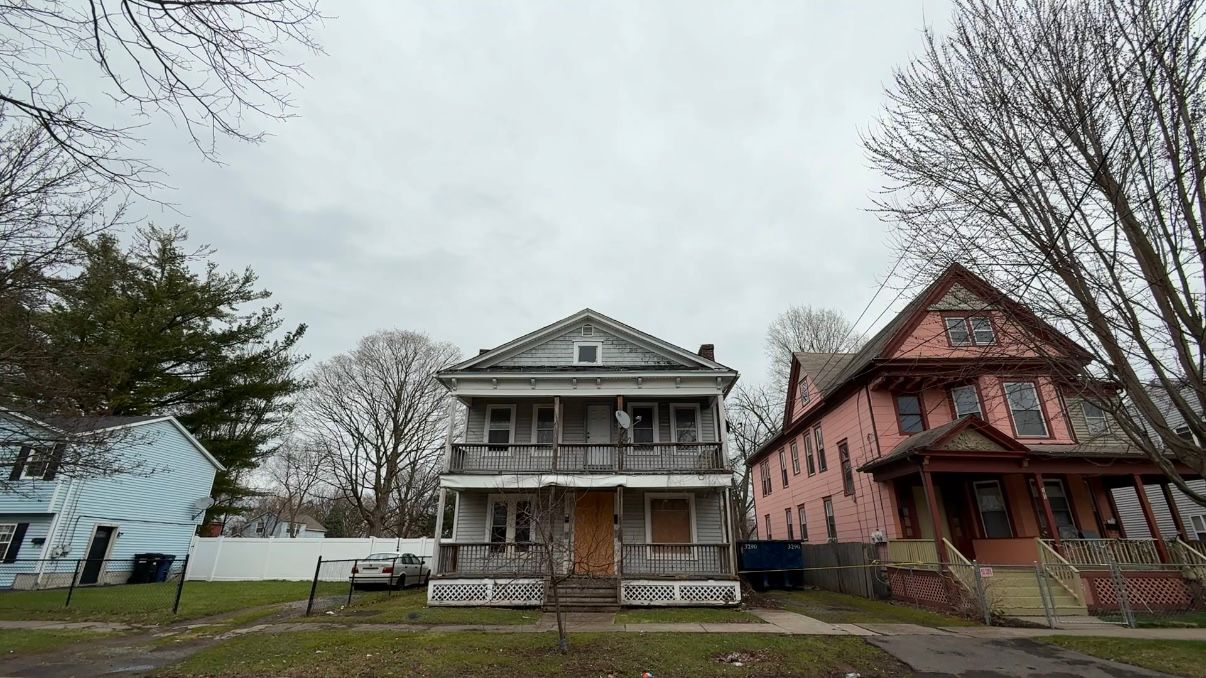In what’s described as a “dramatic turnaround," it was announced earlier in 2025 that the U.S. Army expects to meet its enlistment goals for the year.
That’s good news, and it came on the heels of a hopeful report released by the Department of Veterans Affairs in December.
Some might say Jackie Warmuth is a miracle worker at the Sitrin Military Program.
“If we don't wake up every day and have hope that we are giving back to the community, protecting our family, then a lot of them feel lost and they feel like they're hopeless," Warmuth said.
The program personalizes treatment options and social activities for veterans.
“I was drinking a fifth of Jack Daniel's or Jim Beam just to get to sleep at nighttime," said Christopher Freund, an Army veteran. He served just shy of 11 years.
He is one of many veterans who has experienced trauma – trauma that civilians would likely never understand.
As if that isn’t enough, Freund’s service, like other veterans, also meant missing family milestones.
“My youngest son, he was born on Jan. 19, deployed till May. So I was home for six months of his life. And then I was gone for a year minus two weeks. So, the connection with my kids when they were very young, there was hardly any connection," Freund said.
Coming home can be a difficult transition for our heroes – the transition to civilian life.
Unassuming things like certain odors, foods or sounds can trigger memories hoped to be forgotten.
On top of that comes retrospective thinking, or what some call, “enlightenment."
Marine Corps veteran Daniel W. Clark referenced a time he and his fellow Marines delivered medical supplies, books and generators to various cities overseas.
“You leave a month later, and some other guy takes over and is in charge, and they say, ‘oh, no, we're not going to go visit them for a couple of months.’ Well, if you don't go visit them in a couple of months, don't you think the people that we're trying to keep out of there are going to go in and just take everything we just gave them? Well, yeah they do, and that’s what happened," Clark said.
Questioning the point of it all and going from having such responsibility – making life or death decisions daily – to a more mundane lifestyle can be a shock.
“There are many different reasons why veterans feel lost, but I think the biggest word that sums it up is 'purpose.' Do they have a purpose?" said Warmuth.
“You come back to the United States and you just see everybody so self-consumed and there's just no morality in each other. There's not much sympathy and empathy towards your fellow human. It's hard to grasp with. And then the people that you were there with, you're no longer there with anymore," said Clark.
The 2024 National Veteran Suicide Prevention report listed some hopeful statistics on suicide rates among veterans.
It found from 2021 to 2022, age-adjusted suicide rates for female veterans dropped 24%.
But for male veterans, age-adjusted suicide rates increased 1.6%.
Finding purpose again may help.
“We do equine-assisted therapy. We do aquatic therapy, we do polarity therapy. We have a lot of different alternative types of therapy that are different depending on who walks through the door," said Warmuth.
Reigniting or finding a new passion and connecting with fellow veterans at places like American Legions could be steps toward coping and healing.
The National Suicide Hotline can be reached by dialing or texting 988.




